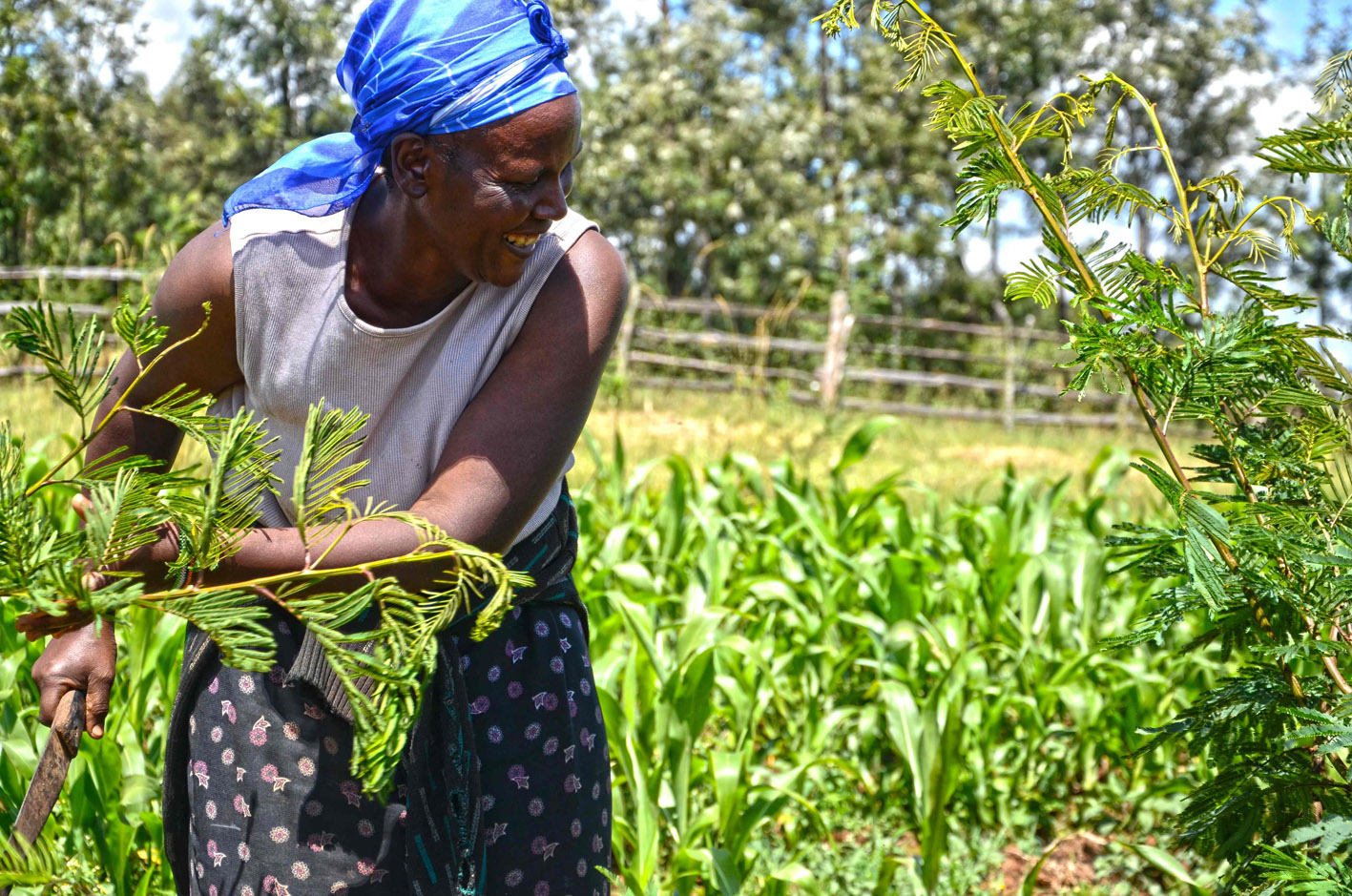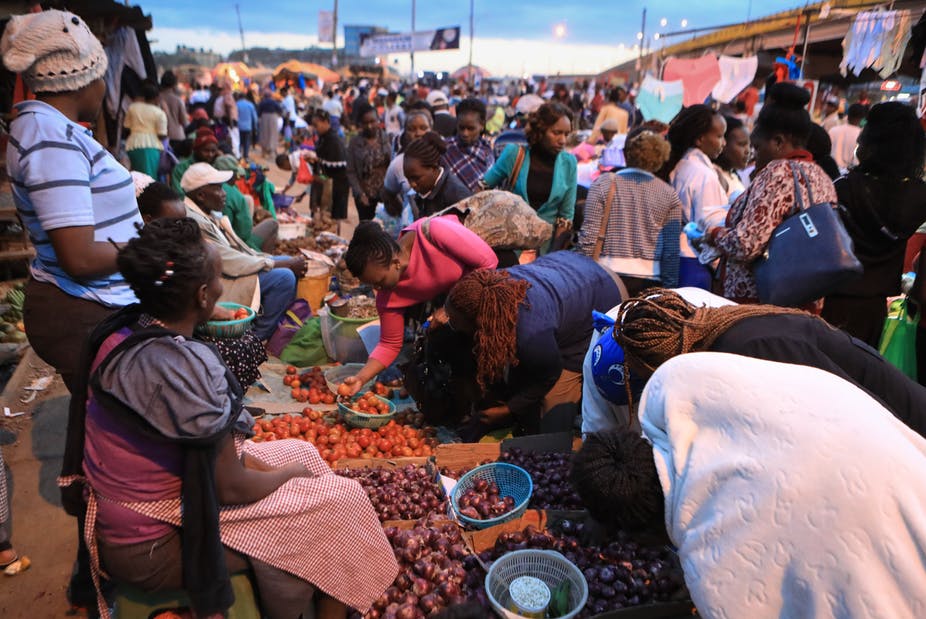ABUJA, Nigeria – The National Bureau of Statistics (NBS) has reported that Adamawa, Kebbi, and Borno states recorded the highest month-on-month food inflation rates for August 2024, further highlighting Nigeria’s ongoing struggle with rising food costs.
According to the report, Adamawa experienced the steepest increase, with food inflation rising by 5.46%, followed by Kebbi at 4.48% and Borno at 3.88%.
Conversely, Ogun, Akwa Ibom, and Sokoto states saw the slowest increases in month-on-month food inflation, with Ogun recording just 0.08%, Akwa Ibom 0.45%, and Sokoto 1.00%.
Year-on-Year Inflation Shows Stark Contrasts
On a year-on-year basis, Sokoto, Gombe, and Yobe states topped the list with the highest food inflation rates for August 2024.
Sokoto led with a staggering 46.98% increase, followed closely by Gombe at 43.25% and Yobe at 43.21%.
Meanwhile, Benue, Rivers, and Bayelsa states recorded the lowest year-on-year increases, with Benue showing a 32.33% rise, Rivers 33.01%, and Bayelsa 33.36%.
The report from NBS also indicated that the overall inflation rate, which includes all items, was highest in Bauchi (46.46%), Kebbi (37.51%), and Jigawa (37.43%) on a year-on-year basis. Benue (25.13%), Delta (26.86%), and Imo (28.05%) had the slowest rise in headline inflation.
On a month-on-month basis, Kwara (4.45%), Bauchi (4.22%), and Adamawa (3.99%) saw the highest increases in all-items inflation, while Ogun (0.21%), Abuja (0.92%), and Kogi (1.14%) recorded the smallest increases.

The Broader Picture of Nigeria’s Food Inflation Crisis
Nigeria, Africa’s largest economy, is grappling with significant food inflation, which currently stands at 37.52%, well above the global average.
The continuous rise in food prices is impacting the country’s most vulnerable populations, particularly low-income households and rural communities.
Essential food staples such as rice, maize, and wheat have seen price surges, reducing purchasing power and altering consumption habits.
The root causes of Nigeria’s food inflation are complex, involving supply chain disruptions, regional conflicts, and the effects of climate change.
Conflicts in key food-producing areas and crop failures have driven down yields, exacerbating the food crisis.
Additionally, Nigeria’s reliance on imports, coupled with a weakening currency, has increased the cost of importing essential foodstuffs.
Inadequate storage facilities and inefficient distribution networks have also worsened the situation, leading to food waste and artificial scarcity in certain regions.
These issues have collectively strained food security, leading to rising malnutrition rates and deepening poverty in a country already facing significant economic challenges.

Share this:
- Click to share on X (Opens in new window) X
- Click to share on Facebook (Opens in new window) Facebook
- Click to share on Telegram (Opens in new window) Telegram
- Click to share on WhatsApp (Opens in new window) WhatsApp
- Click to share on Mastodon (Opens in new window) Mastodon
- More
- Click to print (Opens in new window) Print
- Click to email a link to a friend (Opens in new window) Email
- Click to share on LinkedIn (Opens in new window) LinkedIn
- Click to share on Reddit (Opens in new window) Reddit
- Click to share on Tumblr (Opens in new window) Tumblr
- Click to share on Pinterest (Opens in new window) Pinterest
- Click to share on Pocket (Opens in new window) Pocket







